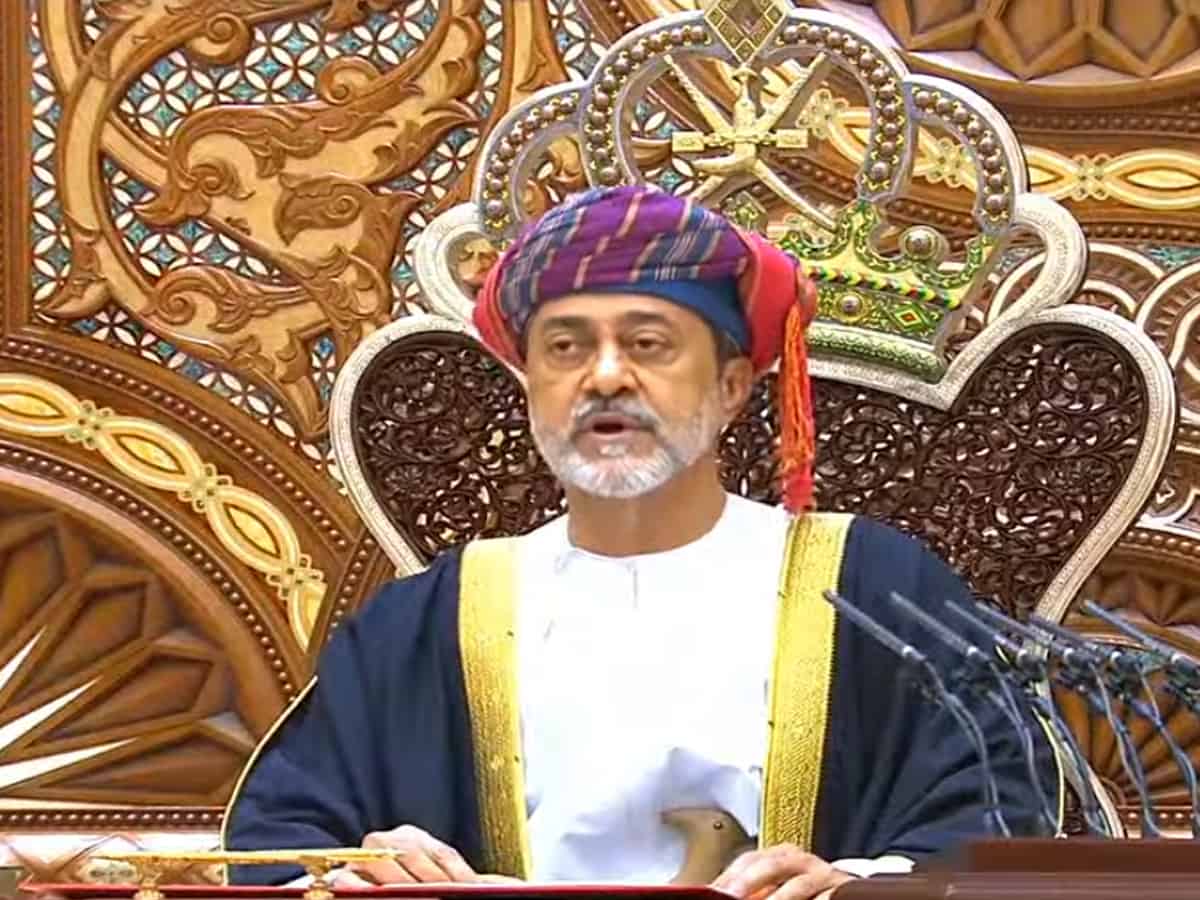MUSCAT: Oman’s new ruler, Haitham bin Tariq, on Saturday pledged to follow the non-interference foreign policy of the late Sultan Qaboos that made the kingdom an important regional broker.
“We will follow the path of the late sultan,” Haitham said in his first public speech after being sworn in as sultan.
He expressed support for “our country’s foreign policy of peaceful living among nations and peoples… and not interfering in the internal affairs of others, respecting nations’ sovereignty and international cooperation.”
Haitham held the position of undersecretary of the ministry of foreign affairs for political affairs before becoming the minister of heritage and culture in the mid-1990s.
Qaboos transformed the Arabian Peninsula nation from a backwater into a modern state with a thriving tourism industry, thanks to the country’s crystal waters and scenic mountain ranges.
But it was the sultan’s policy of neutrality and non-interference that elevated Oman’s standing as a “Switzerland of the Middle East” and made him an important go-between.
Smooth succession
Many experts had expected the throne to go to Asad bin Tariq, another cousin, who was appointed deputy prime minister for international relations and cooperation affairs in 2017 in what was seen as a clear message of support.
However, analysts said the swift handover boded well for a smooth succession, at a time of heightened regional tensions with the United States facing off against Iran.
“This portrays externally a show of unity that is very important in a volatile region and vis-a-vis concerns that neighbours would have liked to interfere in the process. Instead they closed ranks,” Cinzia Bianco, a research fellow at the European Council for International Relations.
Haitham , a sports enthusiast, was appointed to lead the heritage and culture ministry in the mid-1990s and also serves as head of the committee for Oman’s “Vision 2040”, a roadmap for social and economic reform.
“This is crucial because socioeconomic reforms and reforms of political economy are the most important challenges for Oman, struggling with high deficits, international debt, youth unemployment,” Bianco said.


